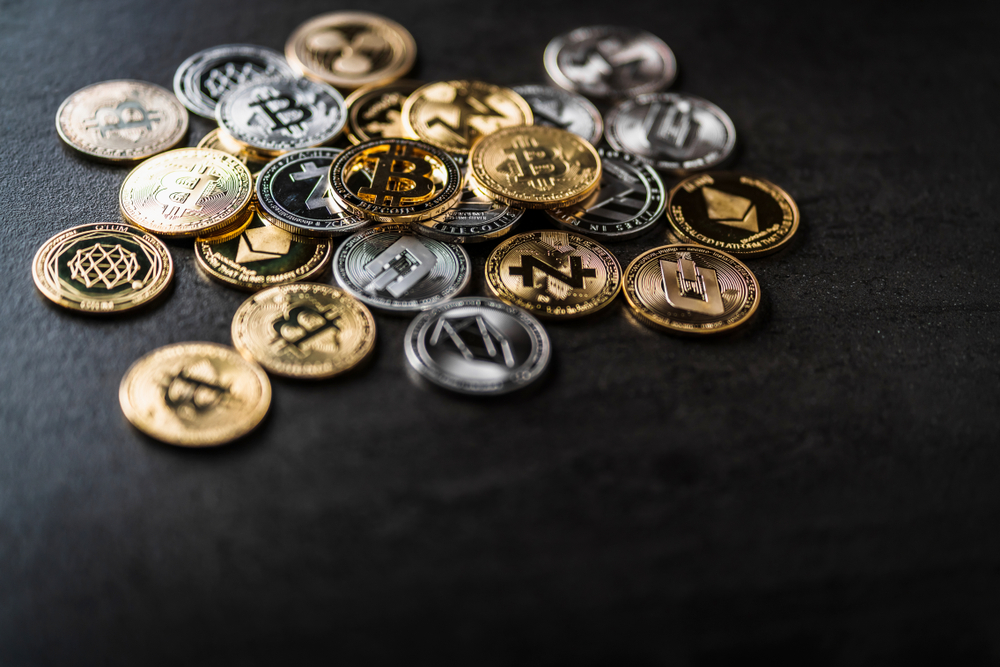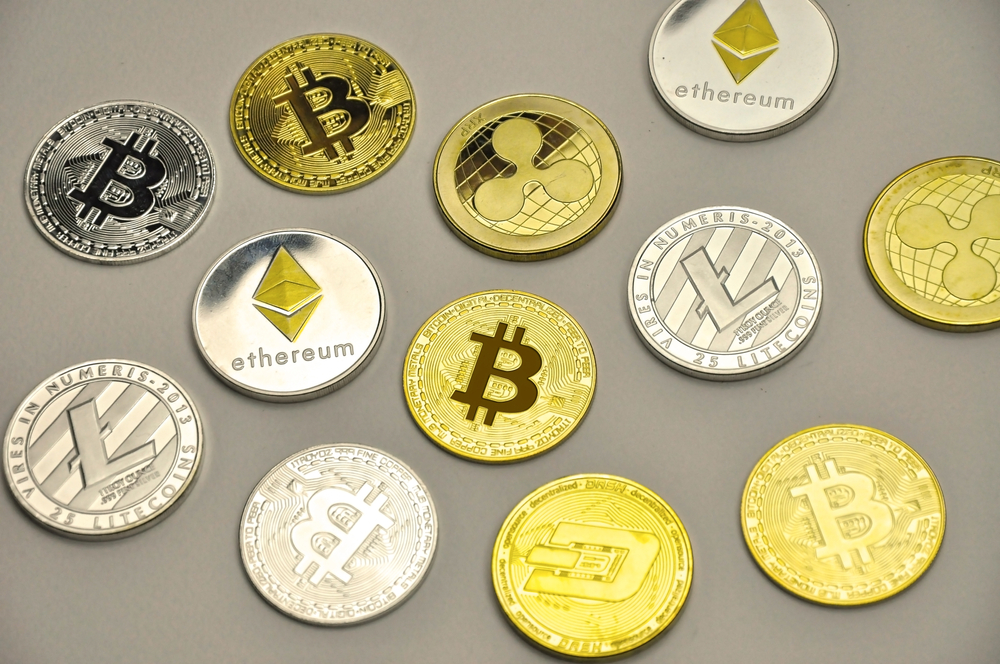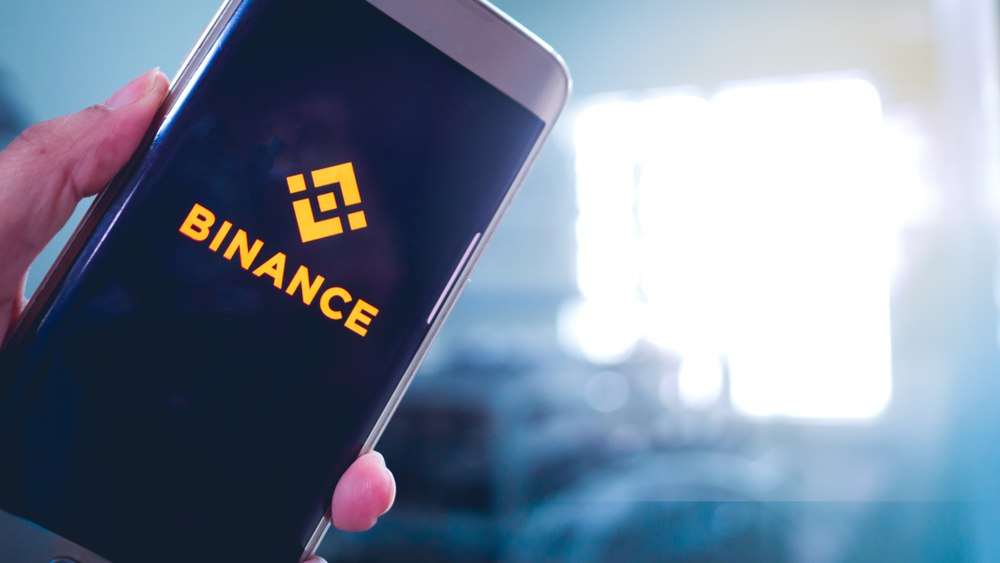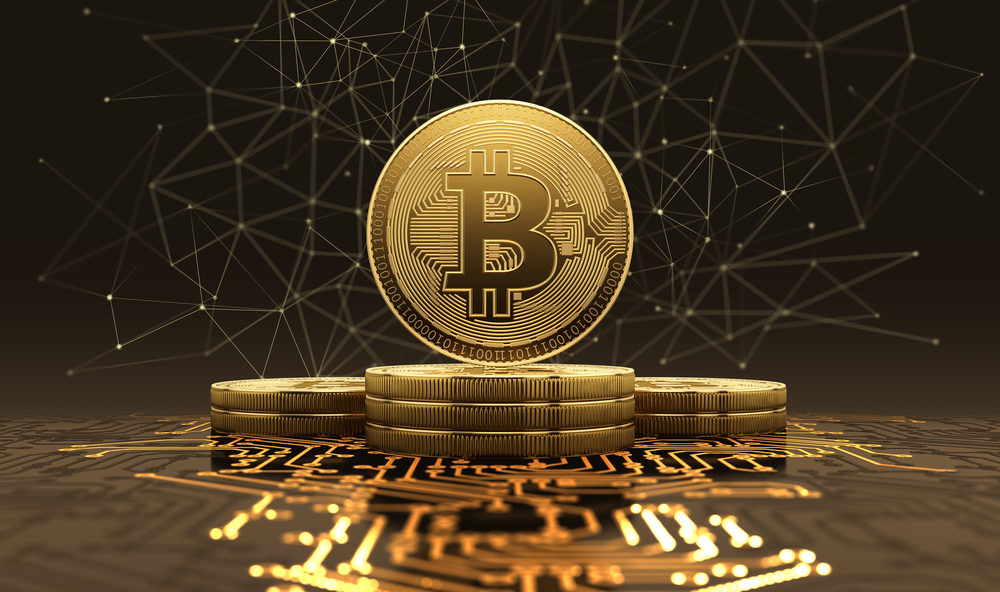Coinbase will offer custody of MakerDAO’s USDC treasury worth about $1.59 billion. The deal allows the DAO to earn nearly 1.4% rewards on the funds. Coinbase submitted the proposal on 6th September and got approved by 70% of votes on Monday 25th October.
USDC represents one-third of the treasury and allows users to deposit collateral in exchange for DAI. As per the proposal, Maker will not pay any custody fee. Also, the community will have to vote on whether Coinbase will continue offering custody of its funds after the trial period at the end of 2022.
The MakerDao deposit will double the $1.6 billion in USDC that Coinbase is currently holding on behalf of its customers. Additionally, the head of growth and business development at MakerDAO, Jennifer Senhaji, says the monthly revenue expected from the deal will enable Maker to realize its vision of creating a global, trustless financial future built on decentralized rails.
MKR Sees a Price Drop While USDC and DAI Suffer Drops in Their Market Caps
At the time of writing, data on CoinGecko shows MakerDAO’s governance token MKR is trading at $925, down by 3% in the past 24 hours and 16% in the last seven days. Maker’s stablecoin DAI is currently the fourth largest, with a market Capitalization of over $5.7 billion, which accounts for approximately 3.8% of all stablecoins in circulation.
Both USDC and DAI could use a boost. The two stablecoins market caps dropped over the last month. As per CoinGecko, USDC and DAI saw a 12% and 11% drop, respectively, meaning that the stablecoin could have been cashed in for another crypto or fiat since both stablecoin issuers create new tokens when they are bought and destroy them when they get redeemed.
Coinbase Deal Conflicts MakerDAO Co-Founder’s Stance on USDC
On 6th October, MakerDAO revealed its plans to invest over $450 million in short-term US treasury and corporate bonds. That makes its deal with Coinbase another moves towards centralized assets and entities, which appears to run counter to MakerDAO cofounder Rune Christensen’s statement that DAI should divest from USDC.
When the United States Office of Foreign Asset Control sanctioned Tornado Cash, Christensen questioned USDC issuer Circle’s move to ban the 37 wallets on the list and freeze USDC in them. The agency never requested Circle to freeze the funds, but Jeremy Allaire, the Circle CEO, explained in a tweet that it was their obligation as a regulated financial institution.











